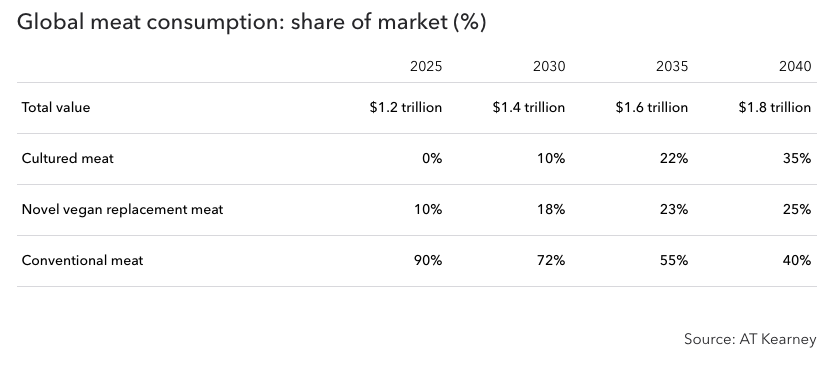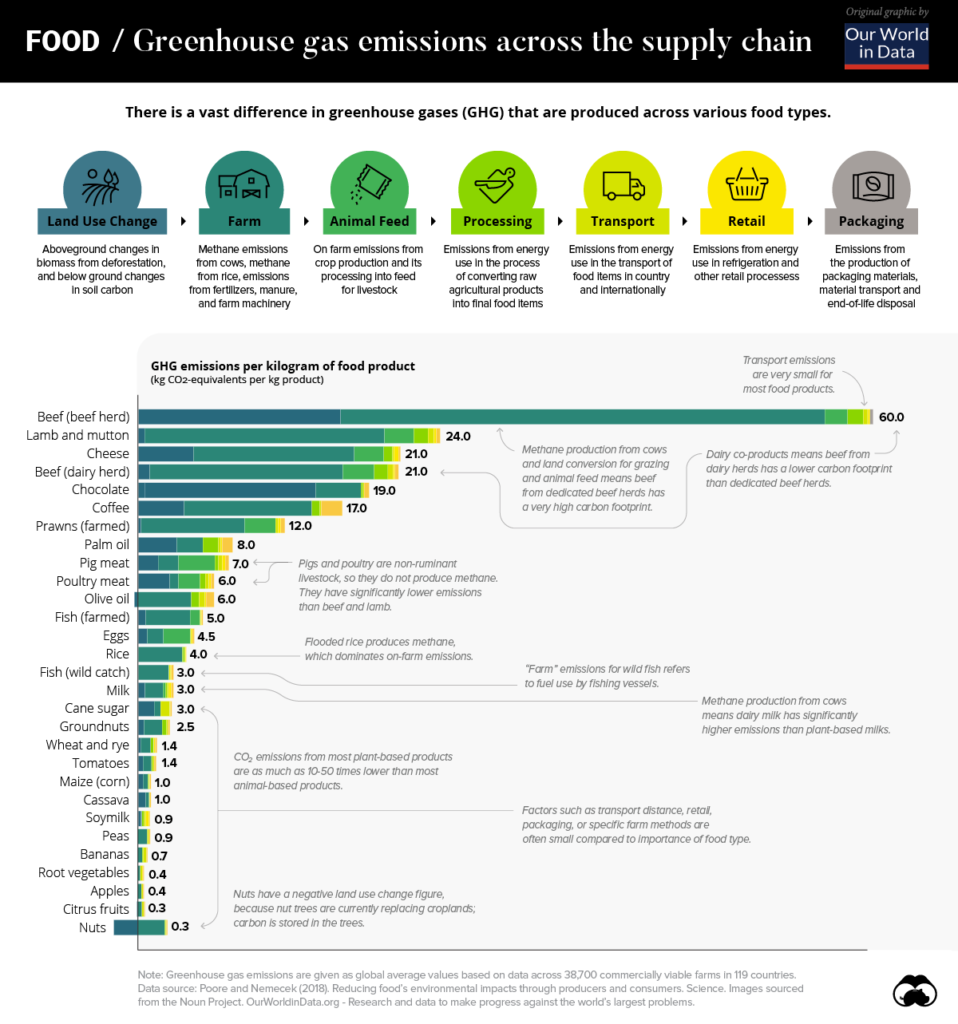
I’m mulling over an investment in a vegan food delivery subscription service, allplants*, which is raising money on Seedrs*.
My analysis is about to get tastier. I’ve ordered a sample of its frozen meals!
It sure beats building a discounted cashflow model in Excel.
Follow my link to allplants* and you’ll get £20 off your first order.
Let me know what you make of the meals on Twitter.
Deliver who?
Of course there are already a banquet of meal delivery services competing to lose money in the pursuit of ours.
I’ve invested in another, SimplyCook*. The jury is out on that one.
And to be honest, I’m not yet convinced about allplants. The meals seem expensive, though as my friend H. pointed out, if you’re not confident about your cooking but you want to wean yourself off meat, they may look a bargain.
But there’s no special proprietary technology here – nothing like the lab-grown frankenburgers of Beyond Meat – so it’s really a bet on branding, execution, and what seems like a strong team.
Not nothing, but not ideal.
If it wasn’t for the tailwind I believe such businesses have from the shift away from eating meat, I probably wouldn’t look at it.
Green shoots
You see, in the past few years the move towards more plant-based diets has become a stampede.
From the BBC:
According to the latest research by the Vegan Society, conducted in 2018, there are around 600,000 vegans in Great Britain.
It’s estimated that this is up from 150,000 in 2006, and that there are twice as many women than men who are vegan.
Around 360,000 people also describe themselves as lifestyle vegans, who commit to only using or buying cosmetics and clothes free from animal products, for example.
As someone who tried and failed to stay a vegetarian in the ’90s – I managed a few years on bean sprouts and nut roasts – I rather sheepishly welcome this trend.
And I think it’s only just begun.
Eating animals – and drinking the infant milk of ruminants, and hard boiling the embryos of chickens – guarantees a fine old time on a Friday night in Chinatown, but it sounds odd when you think about it.
I often like to annoy self-righteously woke friends by pointing out the things they do today that history will consider terrible.
Just driving a petrol-fuelled car past a playground might seem callous in 30 years’ time.
And eating ‘real’ meat will probably go the same way:

Bones brigade
We underestimate how much times and tastes change – especially as technology adapts to enable us to become more sensitive souls.
Your great great great grandfather lit his rooms with blubber and the oil drained from the head cavity of sperm whales.
His wife wore corsets and hooped skirts fashioned from the skeletons of these intelligent and now endangered animals.
For many years the perfume trade coveted a substance called ambergris – basically whale vomit. Ambergris was used to fix fragrances. It was also occasionally eaten with eggs.
During the 18th Century millions upon millions of whales were hunted and sliced to ribbons for our ancestors to wine and dine in London under lights lit by whale oil, wearing the bones of whales for clothing, and smelling of whale puke.
And the Victorians called native people barbarians!
It’s all a matter of perspective.
At the turn of the last century, rural British schoolgirls would go out shooting rooks, crows, and much else that flapped with what were called rook rifles.
Communities even held rook shoots. The aim was to destroy the juvenile birds before they could fly.
It was quite the social event. Later they’d eat their kills.
I’m not judging our ancestors – that’s the point. Rookeries can grow to become a nuisance, especially in an environment denuded of predators, and people have to eat.
And Beyond Rook wasn’t on the menu in 1892.
But one can only imagine what the Instagram generation would make of a rook shoot today.
There’s a fun scene in the Amazon Prime* series Mrs Maisel where some well-to-do 1950s housewives are lectured on the virtues of a racoon fur coat versus mink.
Only 70 years ago – and the fur-clad models looks like something out of Vikings.
Tastes change, and technology enables them to change.
Why wear racoon when you can wear environmentally conscious high-tech waterproof clothing from Finisterre?
Blame the size of a planet
Technology is pushing into meat substitutes partly because of this growing squeamishness, but also because we can’t feed 11 billion people a Western-style meat diet without finally finishing off the planet.
Besides the sheer amount of land needed for everyone to enjoy a beef burger, there’s the carbon impact:

Unless you want to see a much smaller population of water-borne humans dine exclusively on fish, tapering our eating of meat looks like a matter of urgency.
So how to profit from avoiding the End of the World?
There are surprisingly few ways to play this trend via stock market-listed equities.
You could consider US stocks like Beyond Meat, Ingredion, and Hain Celestial, or you could buy say Unilever and hope it pivots in time.
Otherwise you’re looking at risky startups like allplants.
Enjoy your £20 off if you do decide to do your due diligence on its vegetable moussaka or its BBQ jackfruit burrito bowl.
You’re getting a taste of things to come!
*Affiliate links